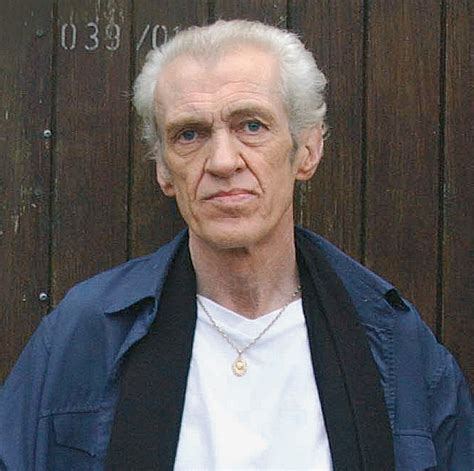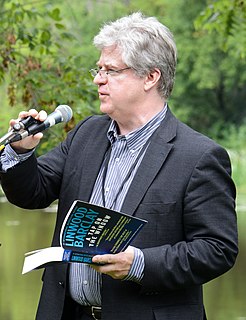A Quote by Sophie Hannah
I know a lot of crime writers feel very underrated, like they're not taken seriously, and they want to be just thought of as writers rather than ghettoised as crime writers, but I love being thought of firmly as a crime writer.
Related Quotes
The reason some crime writers have a chip on their shoulder about the label is because their good books are shelved beside books about nuns and birdwatchers and cats who solve crimes. Overseas, my books are reviewed alongside those of authors like Robert Stone and Don DeLillo, and I have to live and die by that comparison. They don't ghettoize crime writers in other countries, and of course they shouldn't.
It feels as though a very disproportionate number of main characters are writers, because that's what the writer knows. Fair enough. But nothing bothers me more in a movie than an actor playing a writer, and you just know he's not a writer. Writers recognize other writers. Ethan Hawke is too hot to be a writer.
A lot of writers, especially crime writers, have an image that we think we're trying to keep up with. You've got to be seen as dark and slightly dangerous. But I'm not like that and I've realised that I don't need to put that on. People will buy the books whether they see a photo of you dressed in black or not.
Once I got interested in organized crime, and, specifically, Jewish organized crime, I got very interested in it. I have learned that, like my narrator Hannah, I'm a crime writer in my own peculiar way. Crime with a capital "C" is the subject that I'm stuck with - even Sway is about "crime" in a certain way. The nice thing about crime is that it enables you to deal with some big questioO
I think it's significantly easier to be a female writer today than in the early 1800's. That said, it's hard to imagine almost anyone who knows anything about publishing disagreeing with the statement that women writers today are often taken much less seriously than men writers. But it's hard to quantify, and even define, what being taken seriously means.







































